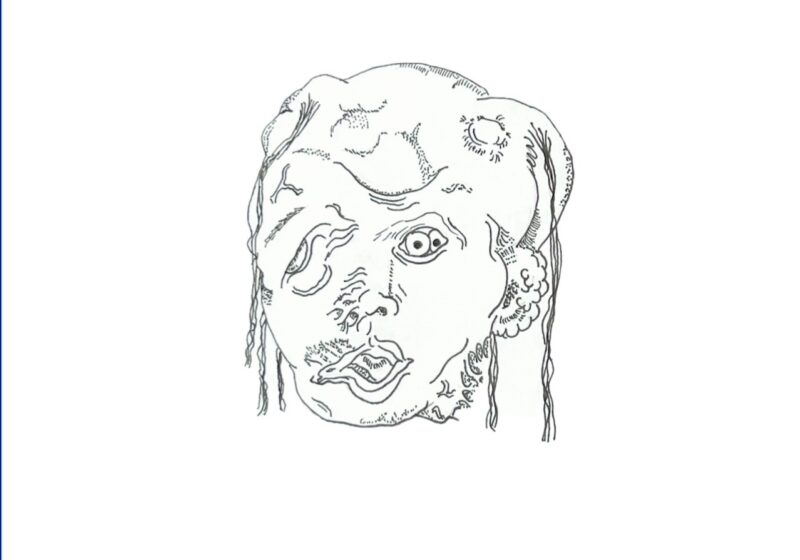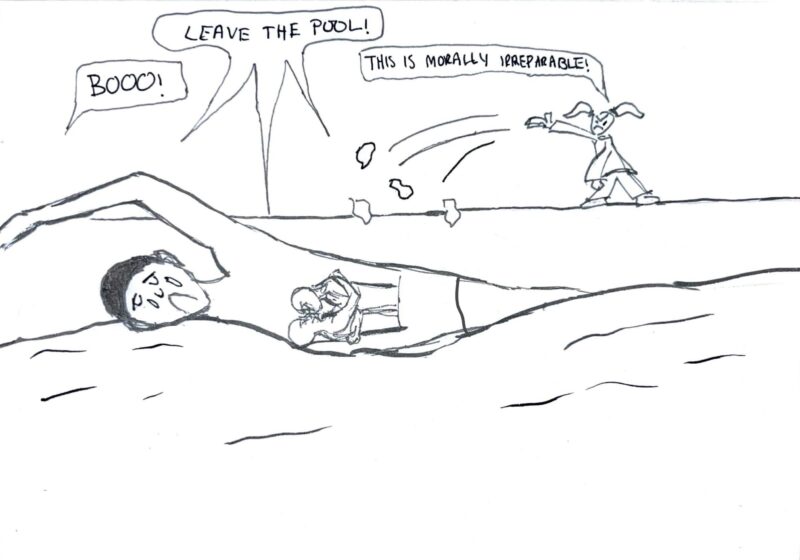UR researchers have reproduced a music file of a 20-second clarinet solo that is nearly 1,000 times smaller than a regular MP3 file. Professor of Electrical and Computer Engineering Mark Bocko co-created the reproduction.
“This is essentially a human-scale system of reproducing music,” Bocko said. “Humans can manipulate their tongue, breath and fingers only so fast, so, in theory, we shouldn’t really have to measure the music many thousands of times a second like we do on a CD. As a result, I think we may have found the absolute least amount of data needed to reproduce a piece of music.”
Using a computer’s knowledge about clarinets and how they are played, the file can reproduce the sounds. Doctoral students who work for Bocko did research on every detail of the instrument, from pressure in the mouthpiece to measurements for every different finger position. Bocko and his team then created a virtual player for the virtual clarinet to model how a player interacts with the instrument. The computer “listens” to the real clarinet sounds and learns what it takes to replicate that sound. By feeding the record of the player’s actions back into the computer model, the original sound can be digitally reproduced.
However, the reproductions are not flawless yet.
“We are still working on including ‘tonguing’ or how the player strikes the reed with the tongue to start notes in staccato passages,” Bocko said.
Bocko hopes that this innovation can lead to advances in the music industry.
“Maybe the future of music recording lies in reproducing performers and not recording them,” he said.
Schneier is a member of the class of 2011.




